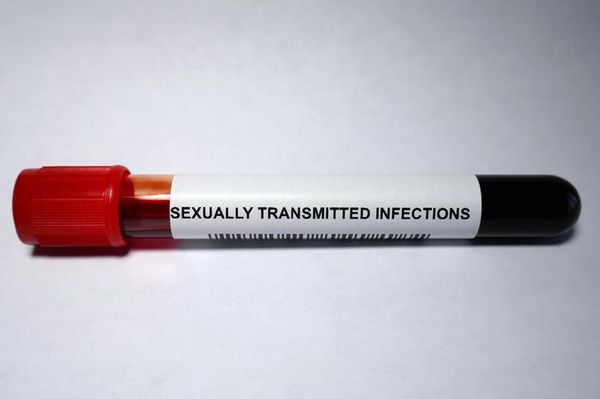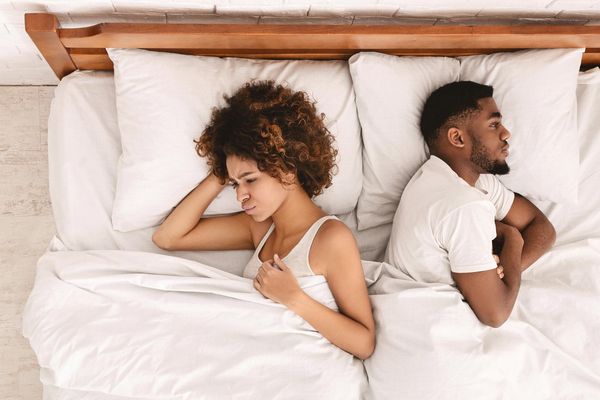It's common for women of all ages to have bleeding after sex at one time or another. In fact, up to 9 percent of all women experience postcoital bleeding (outside of first sex) at some point in their lives. Most of the time it's nothing major and goes away on its own. But bleeding after sex can also be a sign of something more serious.
Risk factors
You may be at greater risk of bleeding after sex if you:
- recently had a baby or are breastfeeding
- douche often
- have sex with multiple partners without using condoms
- are in perimenopause, menopause or are postmenopausal
- have cervical or uterine cancer
Causes
Some common causes of bleeding after sex are outlined below.
Vaginal dryness
Vaginal dryness can be caused by factors like:
- perimenopause and menopause
- childbirth
- chemotherapy and radiation
- douching
- ovary removal
- breastfeeding
- childbirth
- certain mediations like cold medicines and asthma medications
Infections
Some infections can cause inflammation of tissues in the vagina. And that may lead to bleeding. You may not be in pain when you have a vaginal infection, so you may not even realize you have one. Infections include:
Polyps
These noncancerous growths are sometimes found on the cervix or in the endometrial lining of the uterus. They may come from chronic inflammation or hormonal changes. Polyp movement can irritate the surrounding tissue and cause small blood vessels to bleed.
Your period
It may be seem obvious, but think about if it's that time of the month. If you have sex (especially rough sex) right before or after your period, that may be why you're bleeding. The uterine lining gets thick when you're about to get your period. And if the uterus moves around a lot during sex, some cells can come off.
Vaginal tearing
Sex, especially if it's vigorous or aggressive, can cause small cuts or scrapes to the vagina. It's also more likely to happen if you have vaginal dryness due to breastfeeding or menopause. You may not always be in pain if you have vaginal tearing, but the tears can cause bleeding.
Cancer
Bleeding after sex is a common symptom of vaginal, cervical or uterine cancer. Without a thorough evaluation by your gynecologist, you can't tell where the blood is coming from or what's causing it. Read about signs of cervical cancer you shouldn't ignore.
Is my bleeding dangerous?
Health care providers are usually more concerned about bleeding after sex when you're postmenopausal or pregnant. Before menopause, there can be many explanations for bleeding after sex. But, when you're not menstruating or pregnant, your health care provider will want to especially rule out cancers.
The most important thing to pay attention to is the rate and volume of bleeding. Most bleeding after sex is fairly light. Heavy bleeding—where you're soaking through a pad every hour or passing clots larger than the size of a quarter—warrants a visit to the emergency room.
If bleeding goes away in a few hours or a day or so, call your gynecologist. Any abnormal bleeding, even bleeding that goes away quickly, should get checked out. A visit to the gynecologist can rule out any possible health conditions. You'll likely get a pap smear, talk about your contraception and get some other tests. After you figure out what's causing the bleeding, your health care provider can come up with a treatment plan. Read more about bleeding after intercourse here and here.
Preventing bleeding
Take advantage of lubricants. Friction from an unlubricated condom can cause bleeding. Even if you're not using a condom, bleeding can mean you're not lubricated enough. And take things slow and gentle if it's been awhile since you've had sex.







